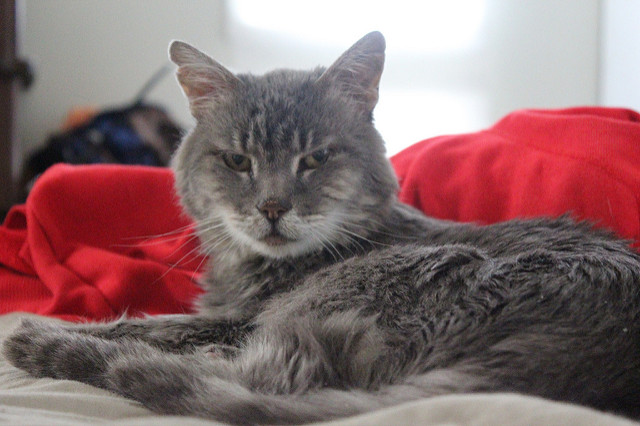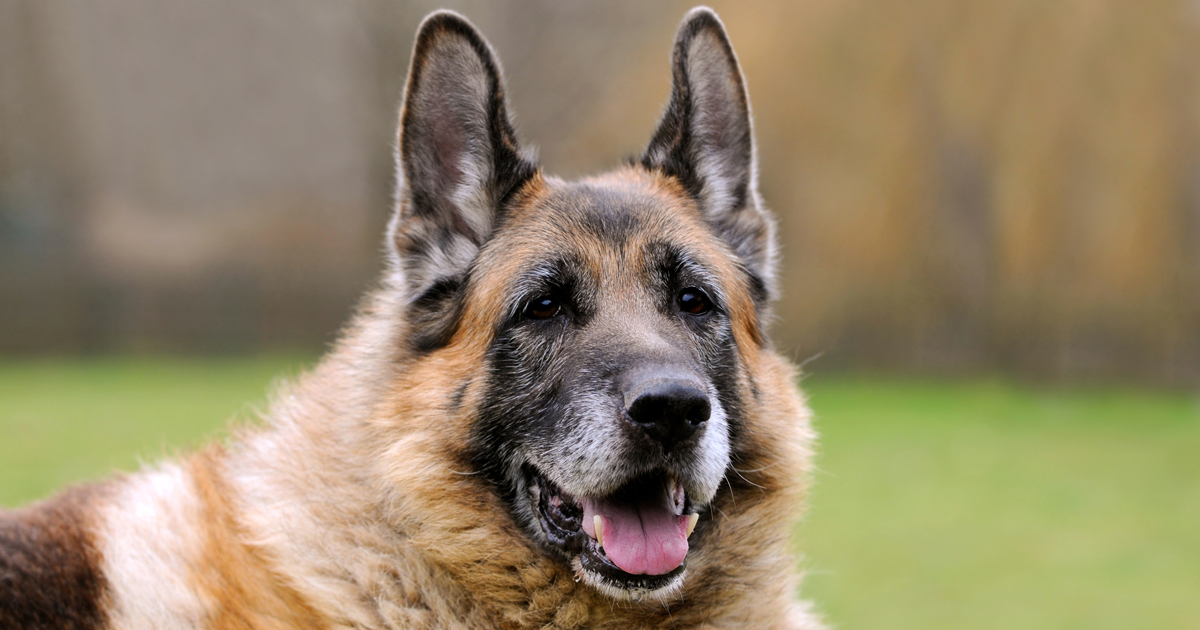|
Is Your Pet "Senior"
|
 |
There is no exact definition of when a pet is considered senior as there is a lot of variation in how pets of different sizes or breeds age. One approach is to consider any pet that has reached 75-80% of it's predicted life span for their species and breed, as senior.
|
|
|
Common Senior Conditions
|
 |
Today's veterinary medicine, allows for our pets to live longer than ever before. However with this increased lifespan comes an increase in the types of ailments. Conditions senior pets face include:
- Decreased mobility and Osteoarthritis
- Vision and hearing impairment
- Kidney disease
- Heart disease
- Liver disease
- Tumors and Cancer
- Hormone disorders
- Thyroid imbalance
- Diabetes
- Dental disease
- Dermatologic conditions
|
|
|
Senior Wellness Exams
|
 |
The American Animal Hospital Association (AAHA) and Northwoods Animal Hospital, believe in preventative healthcare, meaning that if we take a more proactive approach to our pet's healthcare, we can significantly improve our pet's longevity and quality of life through early intervention and prevention. This includes twice yearly physical exams for our Senior patients, as well as annual comprehensive bloodwork analysis. This approach helps establish normal baselines for your pet so that any changes or problems are detected early and can be addressed before a disease becomes more advanced.
|
|
| Comprehensive Senior Wellness Program Goals |
 |
- Promote early detection of disease in apparently healthy pets
- Prevent or delay illness and death whenever possible
- Define common clinical conditions in senior pets
- Define screening tests, diagnosis, treatment, anesthesia, and surgery related issues as applicable to seniors.
- Provide a framework to evaluate quality of life
- Assist in end-of-life decision making
|
|
|
